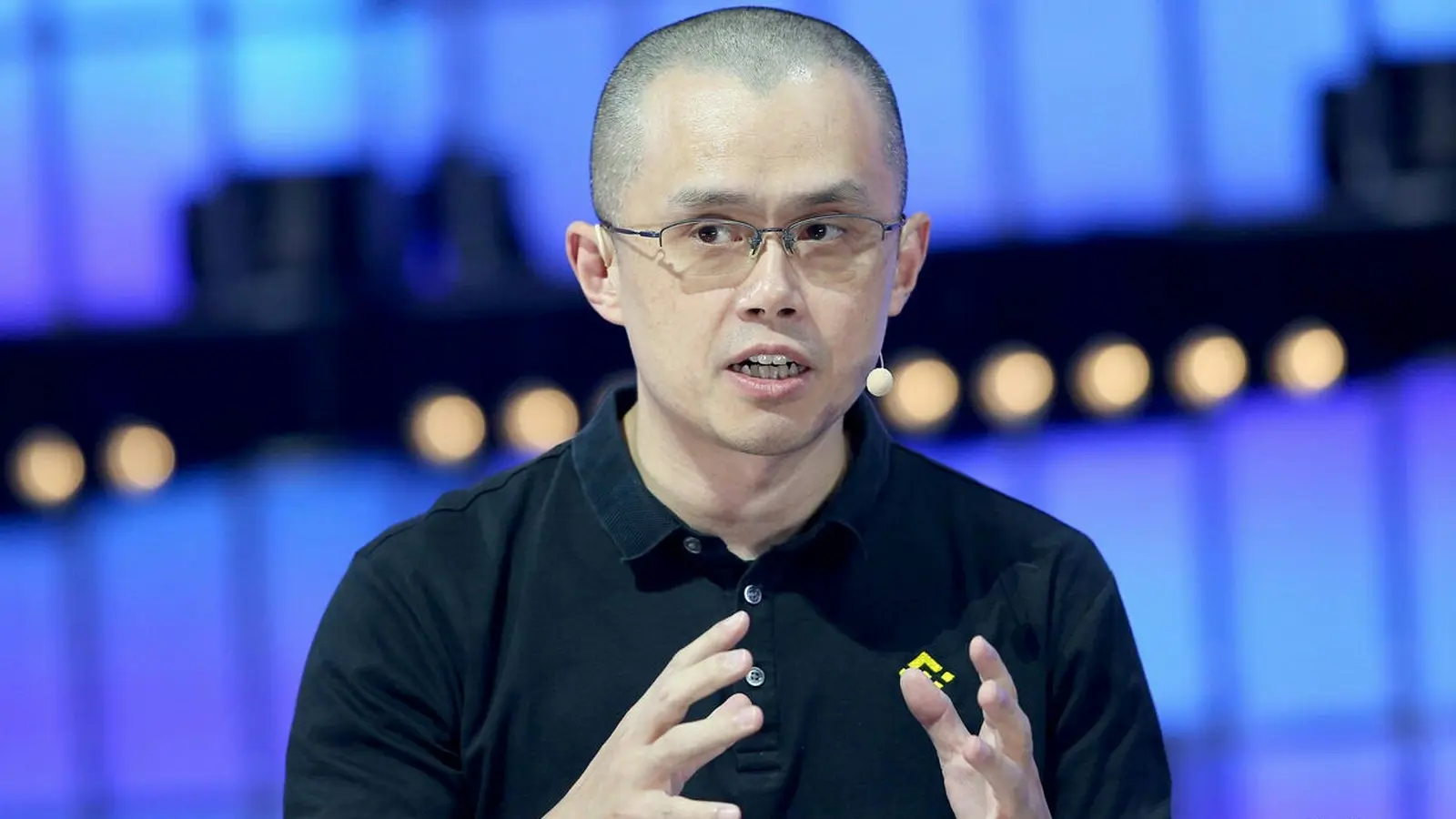5 Minutes
Binance founder’s attorney rebuts pay-to-play allegations
Teresa Goody Guillén, the personal attorney for Binance founder Changpeng Zhao (CZ), has strongly denied claims that CZ’s presidential pardon was the result of any pay-to-play arrangement. Speaking on Anthony Pompliano’s podcast, Guillén called the accusations ‘‘baseless’’ and stressed that they stem from unverified reports and repeated media assumptions rather than documented facts.
Regulatory charges, not money laundering, Guillén says
Guillén clarified that the charges against CZ related to Binance’s failure to implement adequate anti-money laundering (AML) compliance programs — regulatory violations overseen by agencies such as the DOJ, CFTC and FinCEN — and did not include allegations of money laundering, fraud with victims, or proceeds from illicit activity tied to CZ personally.
"This is a regulatory infraction. There’s no money laundering involved," she said, arguing that prosecutors should not have pursued criminal charges against CZ. Guillén emphasized that compliance shortcomings are materially different from criminal conduct like illicit proceeds, structured laundering, or fraud affecting identifiable victims.

Responding to links with Trump-related crypto ventures
Several media stories have connected CZ’s pardon to World Liberty Financial and its USD-1 stablecoin, implying a relationship with former U.S. President Donald Trump and related crypto ventures. Guillén refuted those links, noting a lack of evidence that World Liberty Financial is ‘‘Trump’s company’’ or that USD-1’s presence on Binance chain signifies any special or improper relationship.
"Just because I list something on Craigslist, it doesn’t mean I therefore have a special relationship with the former CEO of Craigslist," Guillén said, pointing out that USD-1 exists on multiple blockchains and is listed by other exchanges as well.
Media sourcing and misinformation concerns
Guillén criticized the media’s reliance on second- and third-hand reporting. She described a pattern in which outlets repeat claims citing other outlets rather than verifying primary sources.
"You’ll see a media report citing a media report citing a media report, and there’s no basis for it other than sources that are close to somebody, which is kind of code for not a strong source," Guillén said. Her comments highlight ongoing challenges for both crypto companies and journalists in sourcing reliable information amid high-profile legal developments.
Public figures and inaccurate assertions
The attorney also pushed back on specific public accusations, calling out Senator Elizabeth Warren for statements that Guillén says mischaracterize CZ’s record. Guillén reminded listeners that accusing someone of crimes they were never convicted of is irresponsible and can mislead the public discussion around crypto regulation and enforcement.
Context: Pardons and crypto leaders
Guillén placed CZ’s pardon within a broader historical and legal context, noting that other crypto executives and companies have received pardons in the past. She mentioned former BitMEX CEO Arthur Hayes and the company’s related legal outcomes, as well as historical examples like Ross Ulbricht’s case, to illustrate that presidential pardons are not unique to any single industry.
Binance’s future and ongoing compliance oversight
Guillén confirmed that CZ will not return to lead Binance, and reiterated that the exchange continues to operate under significant regulatory constraints. Binance remains subject to oversight by the U.S. Treasury monitor and faces restrictions from the DOJ, CFTC, FinCEN and OFAC. The exchange is barred from serving U.S. retail customers and must maintain rigorous compliance measures while global regulators evaluate its operations.
What this means for crypto markets and compliance
The episode underscores two clear themes for the crypto industry: the importance of robust AML and compliance programs for exchanges and stablecoin issuers, and the need for careful, evidence-based reporting on legal and political developments in the sector. As stablecoins like USD-1 circulate across multiple blockchains and decentralized finance continues to expand, regulators and exchanges alike will remain focused on preventing illicit finance while supporting legitimate crypto innovation.
For market participants and observers, Guillén’s remarks are a reminder that legal labels matter: regulatory infractions carry different consequences than criminal charges involving money laundering or fraud. That distinction will remain central to how courts, regulators, and the public judge cases involving major exchange operators and industry founders.
Source: crypto
Comments
Tomas
Interesting defense, but saying no money laundering doesn't erase bad compliance. still, weird how media stacks rumor on rumor...
cryptoforge
So the pardon wasn't pay-to-play? hmm. Media loves a narrative, but where's the paper trail, really? feels shaky, need receipts


Leave a Comment